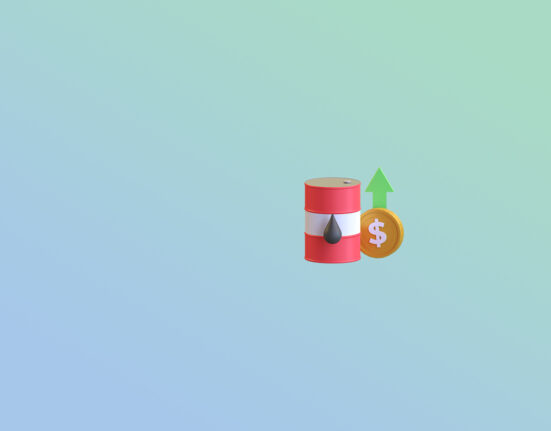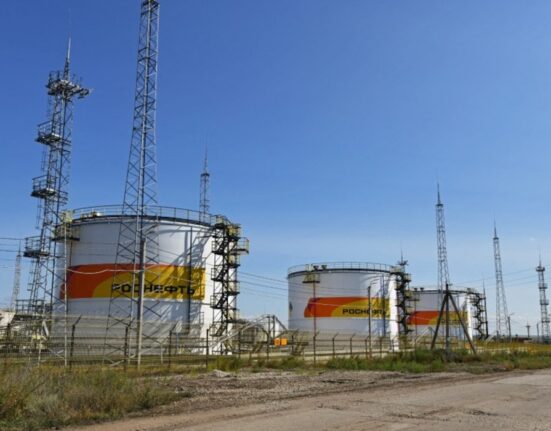ESG trading is a type of investment that focuses on companies that meet certain environmental, social, and governance criteria. ESG investors believe that companies that are committed to sustainability and responsible business practices are more likely to be successful in the long term.
Read more
Commodities and ESG Trading
Trading commodities can be related to ESG trading. ESG stands for environmental, social, and governance, and it is a way of measuring the sustainability of an investment. Commodities are raw materials that are used to produce goods and services, and they can have a significant impact on the environment. For example, the production of oil and gas can lead to air pollution and water contamination.
ESG investors are looking for investments that have a positive impact on the environment and society. They may avoid investing in commodities that have a negative impact on the environment, or they may invest in commodities that are produced in a sustainable way.
There are a number of ways to trade commodities in an ESG-friendly way. One way is to invest in exchange-traded funds (ETFs) that track ESG-related commodity indexes. These ETFs typically invest in commodities that are produced in a sustainable way, or they may avoid investing in commodities that have a negative impact on the environment.
Another way to trade commodities in an ESG-friendly way is to invest in companies that are working to improve the sustainability of their operations. These companies may be developing new technologies to reduce their environmental impact, or they may be working to improve the working conditions of their employees.
By trading commodities in an ESG-friendly way, investors can help to promote sustainability and protect the environment.
What Makes Commodities Standout from ESG Trading?
Commodities and ESG trading are differentiated because they have different investment objectives. Commodities are traded based on their underlying physical properties, such as their price, supply, and demand. ESG trading, on the other hand, is focused on investing in companies that meet certain environmental, social, and governance criteria.
Commodities are traded on exchanges, and their prices are determined by supply and demand. The price of a commodity can go up or down based on a variety of factors, such as changes in weather patterns, political events, or economic conditions.
ESG trading is a more recent trend, and it is not yet as widely available as commodity trading. ESG investors look for companies that are committed to sustainability and responsible business practices. These companies may be working to reduce their environmental impact, improve the working conditions of their employees, or give back to the community.
There are a number of ways to trade commodities and ESG investments. One way is to invest in exchange-traded funds (ETFs). ETFs are baskets of stocks or commodities that are traded on exchanges. There are a number of ETFs that track commodity indexes, as well as ETFs that focus on ESG investments.
Another way to trade commodities and ESG investments is to invest in individual companies. When choosing individual companies, it is important to do your research and understand the company’s ESG policies and practices.
Commodity trading and ESG trading are both viable investment options. The best option for you will depend on your individual investment goals and risk tolerance.
Here are some of the key differences between commodities and ESG trading:Visit our partners,shoes – leaders in fashionable footwear!
⦁ Investment objective – Commodities are traded based on their underlying physical properties, while ESG trading is focused on investing in companies that meet certain environmental, social, and governance criteria.
⦁ Trading venue – Commodities are traded on exchanges, while ESG investments can be traded on exchanges or through other channels, such as mutual funds and exchange-traded funds.
⦁ Risk level – Commodity trading is generally considered to be more risky than ESG trading, as the prices of commodities can be more volatile.
⦁ Liquidity – Commodities are generally more liquid than ESG investments, as there is more trading volume in commodities.
Overall, commodities and ESG trading are two different investment options with different risk and reward profiles. Investors should carefully consider their individual investment goals and risk tolerance before deciding which type of investment is right for them.












